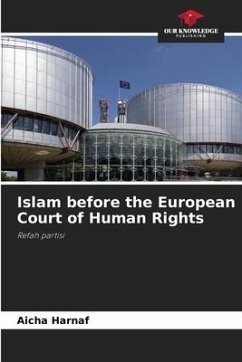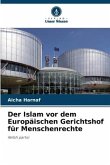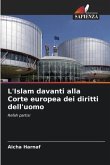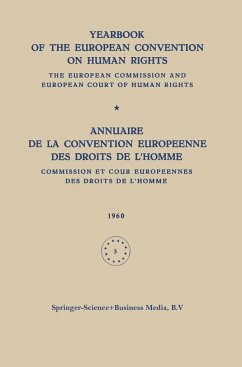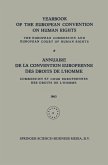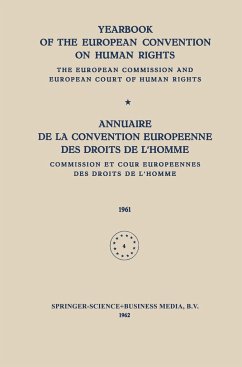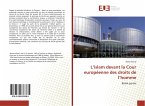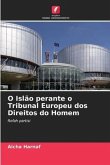Since the Kemalist period, Turkey - being a Muslim country - is presented as a special country within the Muslim world because of its secularism. In the 1990s, the Constitutional Court, taking as an argument the principle of secularism which appears as an essential principle in the Turkish constitution, ordered the banning of an Islamist-inspired political party which places Islam at the heart of its political discourse by claiming submission to religious law (Sharia): the Prosperity Party ( Rafah partisi). The dissolution of this party in 1998 gave rise to a complaint before the European Court of Human Rights under Article 11 of the European Convention on Human Rights concerning freedom of assembly and association. This case was judged by the European Court: in 2001 by the 3rd Chamber and in 2003 by the Grand Chamber. For the first time, the Court will consider that the European Convention has not been violated by the decision of the Turkish Constitutional Court concerning the dissolution of a political party, of Islamist inspiration, not in conformity with the principle of secularism guaranteed by the Constitution.

